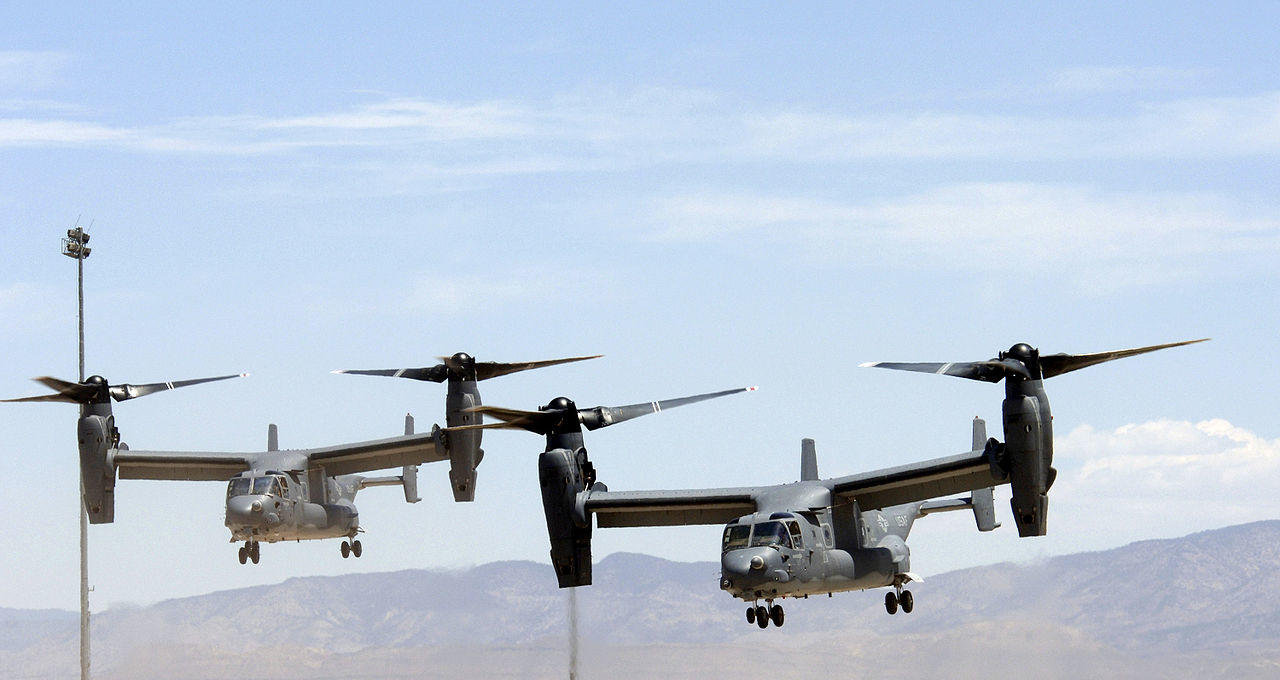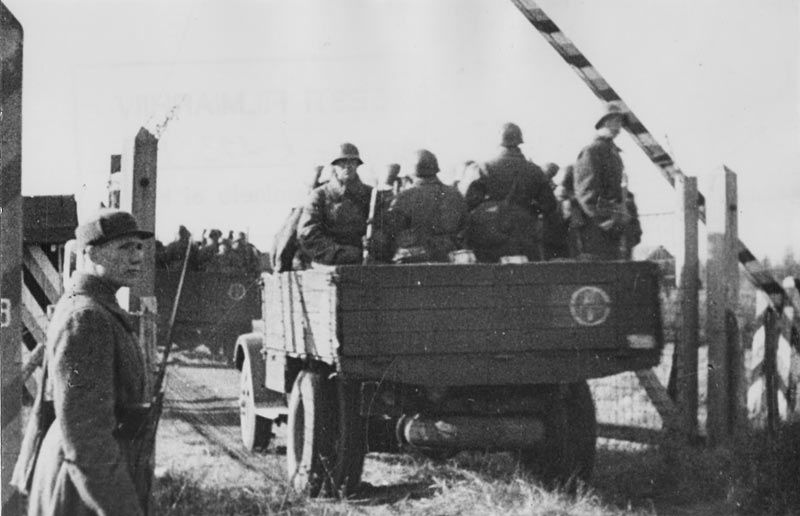On 5 September, operatives of the Russian Federal Security Service (FSB) illegally entered the territory of the Republic of Estonia, a member of NATO and the European Union, and kidnapped by force an officer of the Internal Security Service (ISS) of Estonia.
The facts we know today tell us the officer was definitely on the Estonian side of the border, and he was waiting for his supposed informant to show up and give him information on a case he was working on. The case had nothing to do with espionage, but was rather about cross-border criminal activity and contraband. Moreover, the ISS is Estonia’s internal security service, which means rather than spying on Russia it deals with issues that threaten Estonian national security inside Estonia’s borders.
Not political? Not provocative?
The Russian authorities, of course, see it differently. They claim the Estonian officer was arrested on the Russian side of the border, and he is suspected of espionage. He was taken to Moscow, charged in court, detained for at least two months, and, if convicted, faces 10-20 years in a Russian jail. And even though Russia’s own laws say that when a foreigner is arrested on Russian soil, the foreigner’s country’s authorities have to be notified within 12 hours, such notice was given to Estonia only on 8 September, and only a day after that was the kidnapped officer finally allowed to meet with Estonian representatives.
In light of all this, I’ve got to ask the political commentators and experts who say that the kidnapping was not politically motivated nor provocative, how can you say that? When the authorities of a country with whom you don’t have the best relations kidnap a security officer on your soil at gunpoint, drag him across the border and charge him with espionage, and then blatantly lie about all the facts surrounding the incident, how is that not political, how is that not provocative?
It’s the Soviet Union, stupid
We’ve got to remember here that we’re not dealing with a normal country in the sense of the Western world. We’re dealing with a dictatorship with a very public expansionist agenda; a leadership that has publicly said its country’s neighbours are in their “sphere of interest”; a country that has, in the recent years, brutally attacked two of its neighbours, occupying considerable portions of their territories and killing thousands of people. We’re dealing with a country that arms thugs and terrorists in Ukraine, and those arms have been used by those same terrorists to shoot down a civilian aircraft, murdering 300 people in cold blood. We are, after all, dealing with the Soviet Union.
The fact is that even though in the beginning of the nineties there might have been signs that the Cold War was over, it actually wasn’t. There might have been a short truce, but Russia’s ambitions didn’t vanish, but grew. By leading the image of a developing democracy, Russia got stronger, Russia got more arrogant, and since the West didn’t want to pay enough attention, Russia again grew into the same dictatorial, murderous monstrosity the Soviet Union was.
Russia is an enemy of the West
Now, being as strong and as arrogant as the Soviet Union was in its heyday, the truce in the Cold War is officially over. The current Soviet Union, in the guise of the Russian Federation, uses the same tricks, the same methods again and again, and lies as blatantly as the Soviet Union in its prime.
Fortunately for Estonia, the one thing that has changed is the fact that Estonia is no longer occupied by the Soviet Union, but a full member of the Western world. Estonia is a member of the European Union and NATO. Estonia has, at least in theory, the Article 5 protection all NATO members have. Estonia is now the West – and that makes Russia also an enemy to Estonia.
We should no longer pretend or hide behind political correctness in this matter. Estonia and Russia are not partners, not peaceful neighbours, not even states that can peacefully coexist. Estonia and Russia, as the entire Western world and Russia, are bitter enemies in the Cold War that Russia has again reinitiated and is fighting on every front.

Permanent NATO bases, troops on the ground
And now ask yourself – if the special forces of your enemy penetrate your territory and kidnap a police officer of your country, how is that not political? How is that not provocative? And, should we really not be afraid of what might happen next?
Today, the sad fact is, Estonia has to be ready for any scenario. With a powerful enemy just a three-hour drive from Tallinn, Estonia must today do everything it can to prevent further attacks on the country’s sovereignty. And that includes more forcefully demanding permanent NATO personnel and armory on its territory. That includes more forcefully demanding that the rest of the Western world sanctions Russia at every possible angle, even up to the point of completely sealing Russia off and leaving it floating in its own mess.
The Western world is, unfortunately, dealing with an enemy that understands force, and only force. Only a strong military presence in the countries around Russia, especially NATO member states, and only the strongest sanctions against the Russian regime can present such a force.
I
Cover photo: The Red Army entering Estonia in October 1939, effectively occupying the country. Today’s Russia behaves frighteningly similarly to the Soviet Union in the thirties. The opinions in this article are those of the author.


“Estonia and Russia are not partners, not peaceful neighbours, not even states that can peacefully coexist.” (c) Mr Hankewitz.
So…what should we do? Pick Estonia up and move it elsewhere? Because, obviously, Russia isn’t going anywhere. It’s political ambitions, as You call them, will not disappear. Russia and Estonia are sharing a border. They are GEOGRAPHICALLY close. There’s a huge amount of Russian-speakers in Estonia. Russian citizens own property in Narva and Narva-Joesuu and not only there.
What you are doing here, Sir, is called stirring the mess up. What happened – happened. And I really am not sure who’s in the wrong here, but writing such an aggressive article is just RACIST. Never mind unprofessional.
And before you ask, I am half-russian, half-estonian with an Estonian citizenship, living in the UK. I can see how different nations can live together and function together as a society. Because nobody’s getting provoked by articles like this one.
I know so-so many russian-estonian families, who live together and speak both languages. What would happen to them, if you were to completely “seal Russia off and leaving it floating in its own mess.”?
Easy for you to write such things from Chicago, Sir, honestly. Go back to Tallinn and see how much of a difference it is now than it was 5 years ago. And that is thanks to both nations living there – Estonians and, I’m not afraid of this word, RUSSIANS…
Well, to call the article racist is not correct. It’s a popular point of view of many Estonians. I think though, that it could be a dangerous point of view. Estonia is not in an enviable position. Wisely, they chose to aggressively associate itself with the west and Nato. It should not, however, start poking the bear. I don’t think that the kidnapping of the ISS official, right after the speech from Obama was a coincidence. It was meant as a shot across the bow, to warn Estonia. Estonia should continue allying itself with the west and Nato, but should remember that when the bear gets pissed, it’s strong, viscous and unpredictable. The chaotic political situation in Ukraine is not as clear cut as that of the stable, legally elected government of Estonia. So, I would not be so quick in assuming that Russia has plans on reforming its old empire. It’s too late to completely take up the Finnish model of dealing with Russia, which is not joining NATO and trying to find common ground to work with Russia. By trying to emulate the way Finland works with Russia, seems to me the prudent move.
Sandra, You have a unique advantage in your lineage that makes it easier for you to accommodate both Russian and Estonian perspectives. Some of us carry tortured histories in our backgrounds. Histories that have been traumatic and ruinous to many members of our families. These histories resonate across generations. All creatures need to learn who their enemies are in order to survive. Estonian’s have a long terrible history of Russian tyranny. It makes perfect sense to me that their trust in Russian government would be seriously eroded. The current situation is not conducive to repairing that trust, in fact the opposite is happening. Their recent blatant provocative actions will only further alienate Estonians from their bellicose neighbour, who continues to taunt and torment. You in your unique position perhaps could be an advocate for building trust, by calling a spade a spade and not supporting what is obvious to law abiding citizens in democratic societies as abominable behaviour to any one who aspires to human rights.
The thing is that our next door neighbour is for the most part unpredictable. How should we know when they get that desire to march in? Personally, I won’t be sticking around for it should it happen. We have a saying here, “parem karta kui kahetseda” analogous to the English “better safe than sorry” but rather to fear than later on feel regret. We’ve gone through way too much to just sit, have a glass of wine and a smoke – sleep with one eye open. The problem is not in the Russian population. Hell, if anyone of them has been to Russia and had a good look around outside the tourist areas, they know better than to invite him like they did in Ukraine. They are, however, vulnerable to propaganda via Russian TV channels which they prefer, obviously, over others. That is natural – it’s their mother tongue. However it is illegal to kidnap an officer off his national soil at gunpoint. I think that needs to be internationally addressed. If they can do it to one person, they will do it to others because they see, like children, that a crime unpunished is a crime legalized.